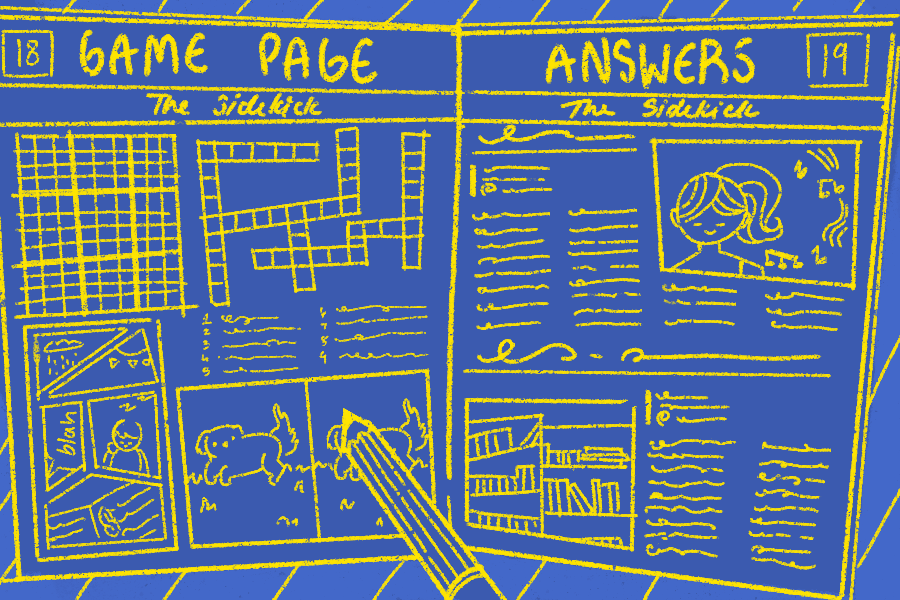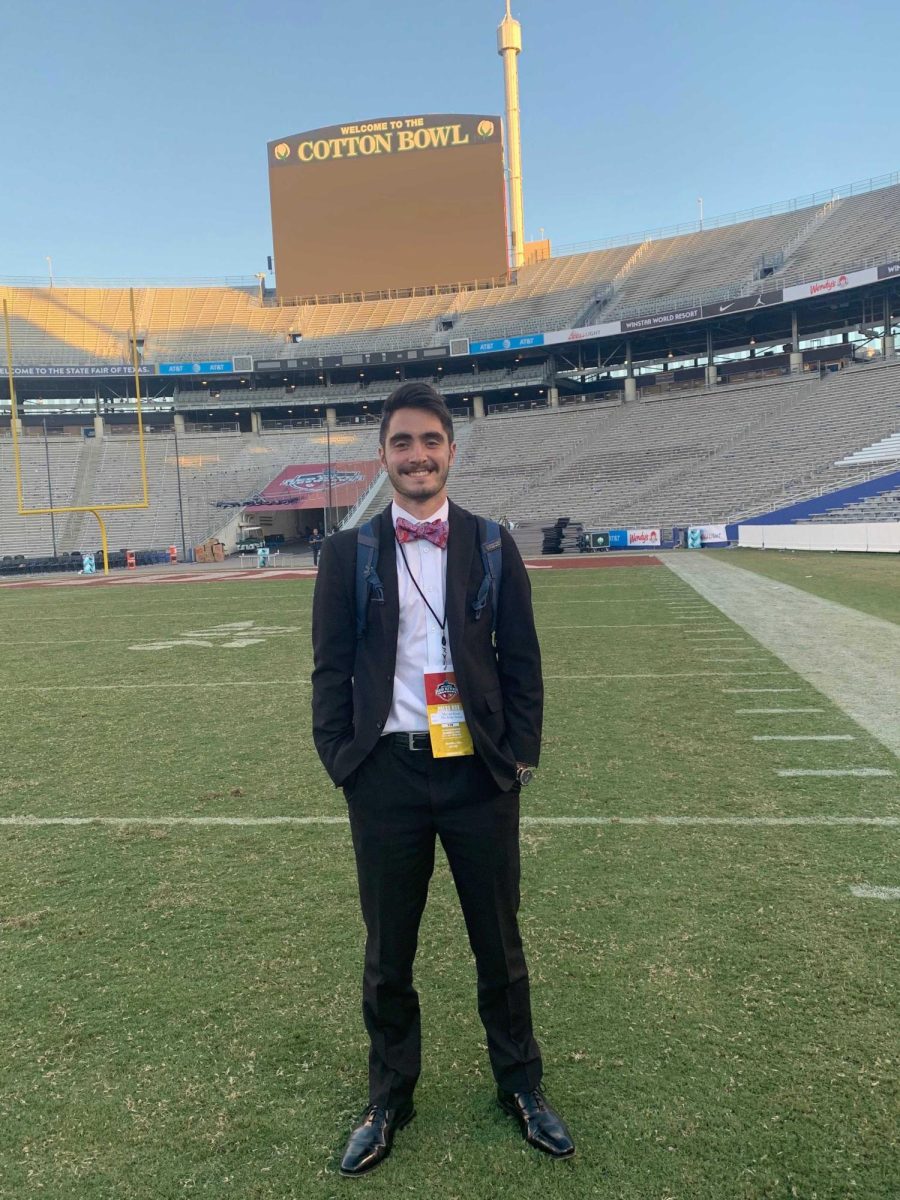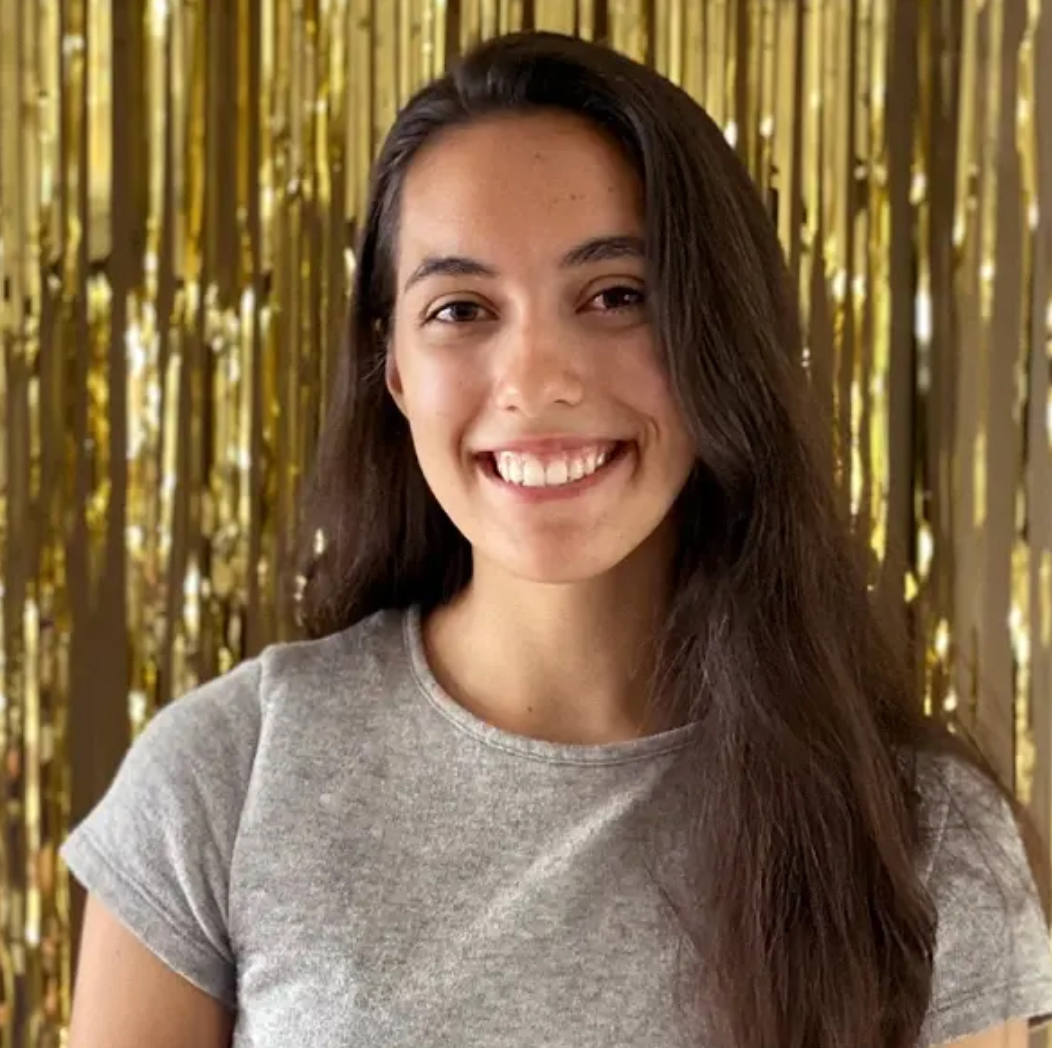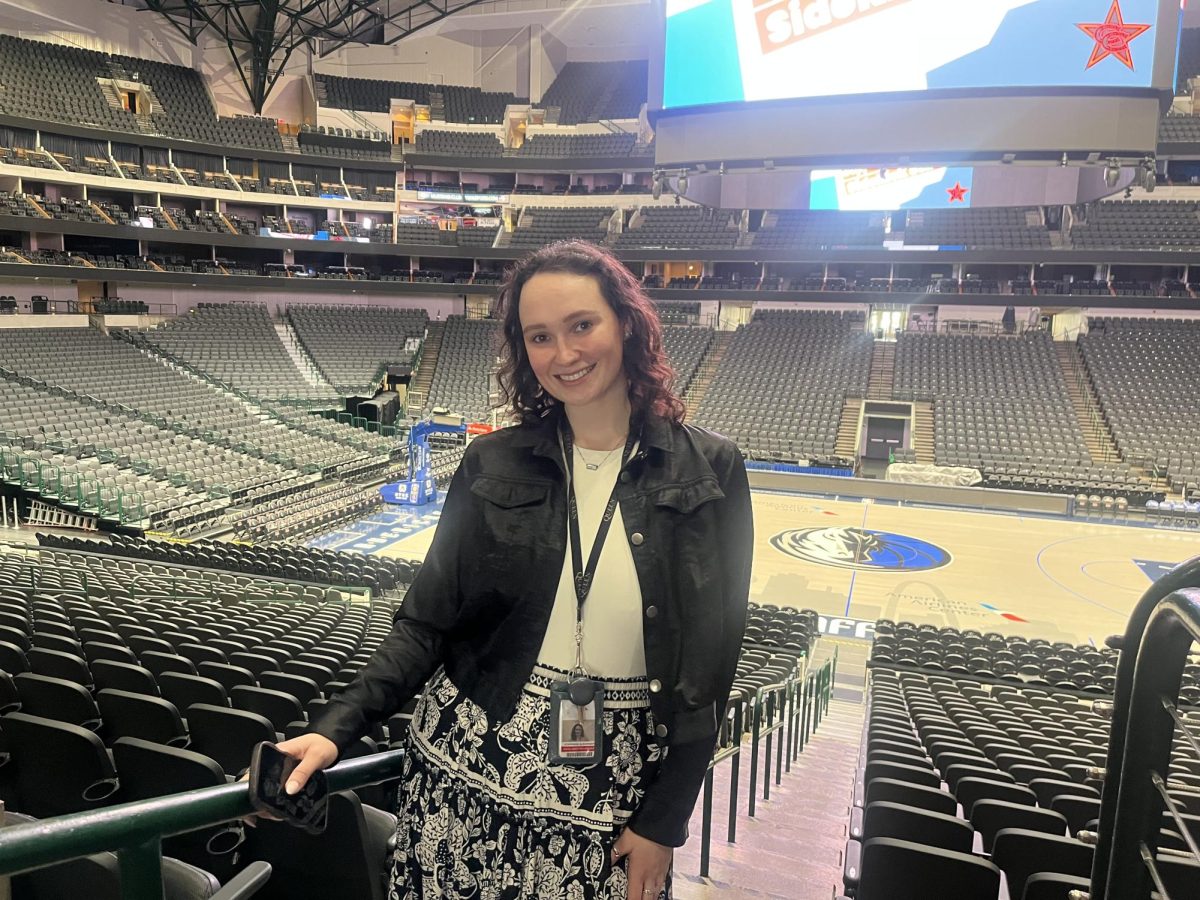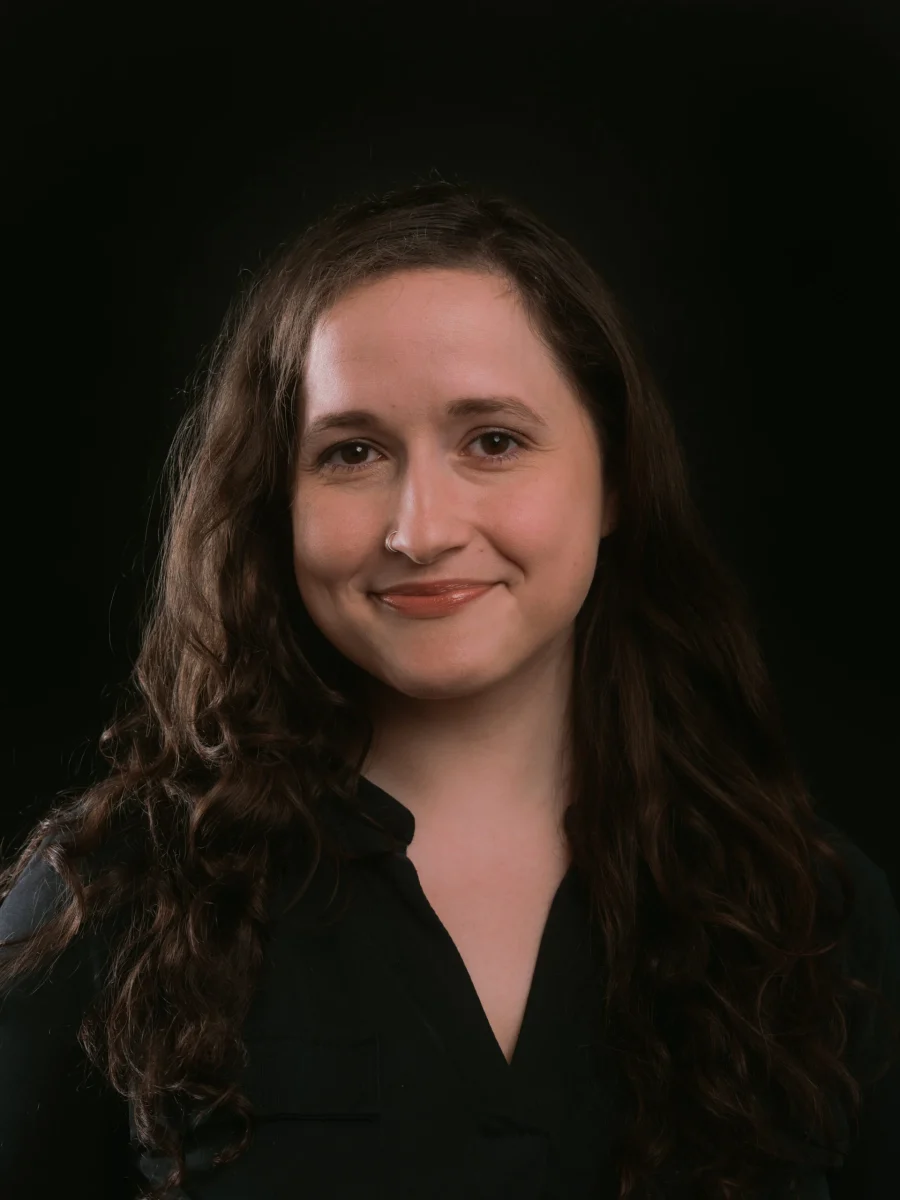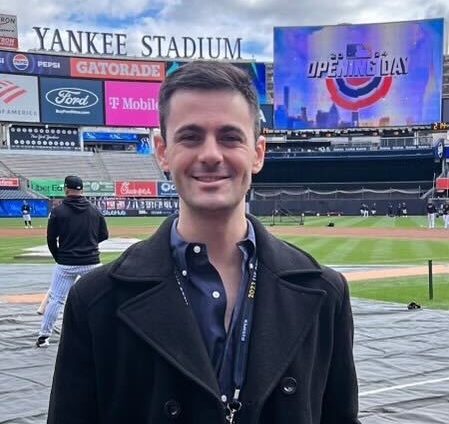By Summer Crawford
Staff Writer
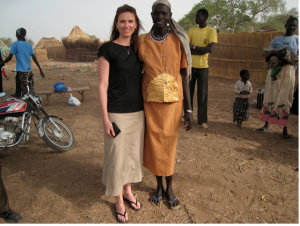
Coppell parent, experienced nurse and health educator, Kathleen Blake, has played an active role in educating women about their bodies and empowering their futures. Following her passion for helping women in need, Blake has traveled outside of the country to Turkmenistan and six countries in Africa. She is currently working at Baylor Frisco Hospital as a newborn nurse and cares for mothers pre and post delivery. Blake juggles the responsibility in the hospital with raising her two young boys at home.
Q: How did you get into an active role in the health and education system of the world?
A: I studied community health at Texas A&M and I got very interested in education and just teaching public health for people taking charge of their health. I think that it is important that people be empowered with information so that they can be responsible for their health.
Q: What did your job entail when you traveled overseas to Turkmenistan?
A: I was a community health educator and I lived in a village of about 300 people and I had a counterpart who was a nurse and I worked with her, a midwife and a doctor. We talked to women about basic health, hygiene, HIV/AIDs and we started a women’s group for the community. We discussed different womens health issues which many of them were empowerment issues because of the government system and just the role of women in that culture. I was there was from 1999 to 2000, and I went because I was a Peace Corps volunteer. I graduated from A&M in 1998 and I left in September of 1999.
Q: Why did you decide to travel to Africa and what did you accomplish while you were there?
A: I was a Peace Corps volunteer and then I came back and went to nursing school with the intent to become a midwife. During those years of labor and delivery, I became involved with an organization called African Leadership and Reconciliation, and they serve in East and Central Africa. So I came on staff with ALARM to help develop their holistic outreach, because while their primary focus was leadership development and reconciliation amongst tribes and communities, they served in regions that had no infrastructure, no healthcare, no clean water, no nothing. So I tried to help develop that, and in traveling, I would get to go and teach women leaders of varying backgrounds about basic health. I got to teach some Masai midwives about perinatal emergency, and how to identify high risk pregnancies since they lived so far from health care. I was back from Turkmenistan for about eight years and I was working as a nurse in Labor and Delivery, and then my job with ALARM was based here in Dallas, and I would go back in forth in short trips. I got to go to six different countries. The potential in Africa was so much more foreseeable than in Turkmenistan because of the government. In Africa the people were more receptive and motivated for change.
Q: Why did you decide to work in the Labor and Delivery section of hospitals when you worked in Parkland and then the Presbyterian Dallas hospital?
A: I went to nursing school with the intent to become a midwife because while I was in the Peace Corps in Turkmenistan, even despite their cultural oppression, there was so much power in childbirth. I was just blown away by this miracle of giving birth. I was honored to be part of it and I was excited, and I knew I wanted to be part of that. So I went to nursing school and worked at Parkland for several years. Labor and Delivery is just done really differently in our culture. It seems like in this culture women are really held back from their potential and it is disguised as empowerment through medicated delivery and inductions and timing of things. A lot of women don’t have the power or knowledge to make decisions about things that affect them and their body; understanding holistically what their decisions do. For now, the midwifery thing is on hold because we have a family and so now I have a job where I work part time at a hospital. I do not do Labor and Delivery right now. I teach childbirth classes, and I hope that through teaching this that this empowers women. The goal is healthy mom and healthy baby.
Q: What was the experience like delivering babies and being on-call at all hours?
A: Being part of someone’s birth story is just awesome. It is amazing to see a couple go from two to a family. And even when it is their second, third or fourth baby, to see them grow and change in a moment is just humbling to be part of. It is a beautiful job. There were definitely times that were hard when I worked at [Parkland Hospital in Dallas]. There were times where I would have six high risk patients in labor at once; there are sad components to labor and delivery, and there is loss sometimes that is devastating. But even those things are such an honor to be part of because you are just helping someone through something that you can not control. I was happy to help women through crisis. One time I helped take care of a patient that was an incomplete quadriplegic with congestive heart failure and that was in labor.
Q: What are the details of your present occupation: a high risk antepartum, postpartum and newborn nurse?
A: High risk antepartum are moms who need to be during their pregnancy prior to delivery. So any kind of care they need like monitoring the mom or monitoring the baby. I also take care of moms postpartum, and I also take care of newborn babies. It just depends on the need that day to where the hospital puts me. Primarily, I am employed through the postpartum department, but they share me pretty evenly with the newborn nursery and antepartum when they need me. Right now I work at Baylor Frisco, which is where I also teach the childbirth classes. Couples that are registered to deliver at the hospital can come since all of the classes we offer at the hospital are free. It is a 12 hour series, so they come several evenings and learn about how to prepare to have a baby.
Q: How have you impacted the mothers and children you have helped?
A: From the perspective of a Christian and understanding what my gifts are from God, I believe I have the gift of mercy. That affords me an ability to care for my patients in a way that allows me to be present for whatever their needs are, whether that be the anxiety and excitement that is wrapped up in childbirth or the joy. I still cry every time a dad cries, and sometimes I cry when the mom cries, but if the dad cries, I always cry. When there are those sad situations, I think I am really able to share their burden and mourn and grieve with them.
Q: What do you like best about your journey from when you first started in healthcare to now?
A: Teaching and teaching in Africa. Overall the most gratifying high was hands down teaching in Africa because the women are just so joyful and excited and wanted to own the knowledge in hopes that it would change their realities and how much they taught me. This mutual exchange in relationship with especially these Masai midwifes that had never had any kind of formal education at all. To see the life experience they brought and the people they are as they help women give birth was my favorite part. When you find that thing that makes you come alive and you are in that mountain top moment and you think, ‘wow, this is my purpose.’
Q: How does your job impact your family?
A: I think that my exposure to the majority of the world helps us have a more worldly perspective. My goal and my desire is that my two boys grow up with a tangible perspective of the world and its needs and what our responsibility is. My current role fits us right now. I still get to empower women with knowledge so that people are truly making informed consents so that they are not coming in and just signing away for things that are risky because they are afraid or because of a lack of knowledge. I still get to do that and I get to be a mom. It works timewise because their grandmothers can help and the majority of my work is nights and weekends, so my husband Doug can help. Nursing can be as much or as little as you want. The best thing about nursing is that I could go be a midwife and work everyday, but at this point it is one of those deals where I clock in and I clock out and my work stays there for the most part. I do carry things inside but I also get to clock out and come home to my family.
Q: What are your plans for the future?
A: I love midwifery. I am along for the ride. I just really feel like God is weaving it all together, and at some point, I hope to use it on a larger scale, whether it be through midwifery or through Africa or something else.



